Factory buildings are not just industrial spaces—they're essential environments that house operations, machinery, and workers. A reliable roof is fundamental to maintaining the integrity of these spaces, ensuring that they are safe, efficient, and functional. When selecting roofing materials for factory buildings, choosing the right type of roof tile is critical. Roof tiles provide protection against weather elements, offer energy efficiency, and contribute to the overall durability of the structure. In this guide, we will explore the importance of factory building roofs, the different types of roof tiles, and key considerations when choosing the best option for your facility.
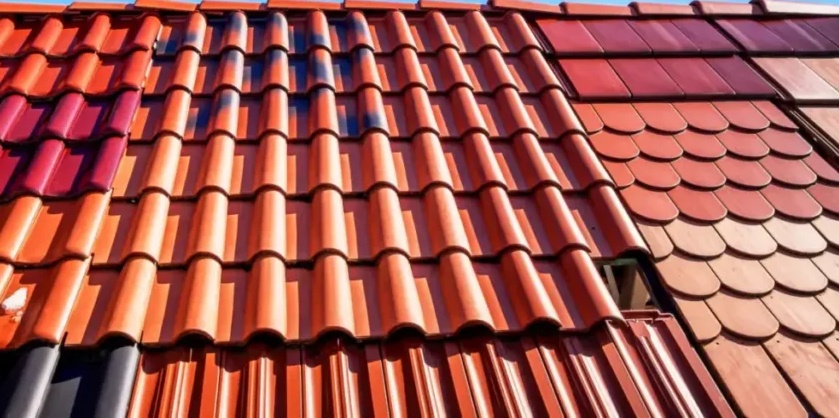
Why Factory Buildings Need the Right Roof Tiles
The roof of a factory building serves more than just an aesthetic purpose. It is the primary line of defense against external elements such as rain, snow, heat, and wind. A well-designed roofing system helps regulate temperature inside the building, minimizes heat loss, and reduces the burden on HVAC systems. Additionally, roofs provide safety by withstanding high winds, snow loads, and other harsh weather conditions.
Factory roofs are also essential for worker safety. A reliable roof prevents accidents that could arise from leaks, falling debris, or structural failure. Therefore, selecting the appropriate roof tile for your factory is crucial to maintaining an environment that is both safe and energy-efficient.
Understanding Factory Building Roof Tiles
Roof tiles differ from other roofing materials in their construction and installation process. Unlike flat roofs or metal sheets, roof tiles are individual pieces that interlock to form a continuous surface. Typically made from materials such as clay, concrete, or synthetic composites, roof tiles offer several advantages, including durability, weather resistance, and insulation properties.
Roof tiles come in various styles and materials, and each type offers unique benefits suited to specific climates, factory needs, and budgets. Let's take a closer look at the different types of roof tiles that are commonly used in industrial buildings.
Types of Roof Tiles for Factory Buildings
Clay Roof Tiles
Clay roof tiles have been a popular roofing choice for centuries, and they continue to be favored in many factory buildings due to their aesthetic appeal and durability. These tiles provide excellent thermal insulation, making them ideal for hot climates. Clay tiles also have a long lifespan and can withstand extreme weather conditions, including heavy rain and heat.
However, they can be heavy, which may require additional structural support. They also tend to be more expensive than other materials, both in terms of installation and material costs. Nevertheless, for factories located in hot regions where temperature regulation is essential, clay tiles remain a solid choice.
Concrete Roof Tiles
Concrete roof tiles are a cost-effective roofing solution, offering durability and strength at a lower price point than clay tiles. Concrete is also fire-resistant, which is a significant benefit for industrial settings. These tiles are heavier than most alternatives, so the building structure must be designed to support their weight.
Concrete tiles can be used in a wide variety of factory settings, including those where a high level of fire resistance or protection from harsh weather is needed. Their primary advantage is cost-effectiveness, making them a great option for large-scale industrial buildings with a tight budget.
Metal Roof Tiles
Metal roof tiles are gaining traction in factory buildings due to their durability, lightweight nature, and resistance to corrosion. They come in various metals, including steel, aluminum, and copper. Metal tiles offer long-lasting protection and have the ability to resist damage from extreme weather conditions such as high winds and heavy snow.
These tiles are often preferred in industrial environments because of their low maintenance requirements and excellent lifespan. Additionally, metal tiles provide energy efficiency by reflecting heat and reducing cooling costs during the summer months.
Asphalt Shingles
Although typically used in residential roofing, asphalt shingles can also be an option for less extreme industrial environments. Asphalt is cost-effective and easy to install, which makes it an attractive choice for small factory buildings or warehouses that don't experience extreme weather conditions.
While asphalt shingles are less durable than other roofing options and have a shorter lifespan, they provide good coverage and protection in moderate climates.
Synthetic Roof Tiles
Synthetic roof tiles, such as those made from rubber, plastic, or composite materials, are lightweight and resistant to various weather conditions. These tiles are often more affordable than traditional materials like clay or concrete. They are also highly weather-resistant, providing effective protection against rain, snow, and extreme temperatures.
While synthetic tiles are a good choice for smaller factory buildings, they may not provide the same level of durability or aesthetic appeal as natural clay or concrete tiles.
| Roof Tile Type | Durability | Weather Resistance | Energy Efficiency | Cost |
|---|---|---|---|---|
| Clay Roof Tiles | High | Excellent | Good | High |
| Concrete Roof Tiles | High | Excellent | Moderate | Moderate |
| Metal Roof Tiles | Very High | Outstanding | Excellent | Moderate to High |
| Asphalt Shingles | Moderate | Good | Low | Low |
| Synthetic Roof Tiles | High | Good | Moderate | Low to Moderate |
Factors to Consider When Choosing Roof Tiles for Factory Buildings
When selecting roof tiles for a factory, it's important to consider several key factors to ensure that the roofing system meets your long-term needs.
Durability and Longevity
Roof tiles vary greatly in terms of durability. Clay and concrete tiles are known for their long lifespan, often lasting several decades with minimal maintenance. Metal roof tiles also offer long-term durability, particularly in environments where weather conditions are extreme. Choosing durable tiles can help reduce maintenance costs over time and protect the factory from unexpected repairs.
Cost-Effectiveness
The initial cost of installing roof tiles should be balanced against the long-term savings provided by the material. Concrete and asphalt tiles are often more affordable upfront but may require more maintenance and repairs over time. Clay and metal tiles might cost more initially but often provide greater value in the long run due to their durability and low maintenance needs.
Weather Resistance
Factory buildings located in areas with extreme weather conditions, such as heavy rain, high winds, or snow, need roofing that can withstand such elements. Metal roof tiles and concrete tiles excel in harsh climates due to their resistance to corrosion, water, and wind damage.
Energy Efficiency
Roof tiles with good insulation properties can help reduce energy costs by maintaining a stable internal temperature. Reflective metal tiles, for example, can reduce cooling costs in warm climates by reflecting heat away from the building. Similarly, clay tiles provide natural thermal regulation, reducing the need for artificial heating and cooling.
Installation of Factory Building Roof Tiles
Installing roof tiles for factory buildings requires careful planning and adherence to building codes and regulations. It's important to assess the structural integrity of the building before installation to ensure that it can support the weight of the chosen roof tiles.
In many cases, professional installation is recommended due to the complexity of working with tiles. Proper installation ensures that the roof will perform optimally, preventing leaks, water damage, and other issues. Additionally, professional installers will ensure that the roof is properly sealed and ventilated, reducing the risk of condensation and moisture buildup.
Environmental Impact of Roof Tiles
Sustainability is a growing concern in the building industry. Many factory owners are opting for eco-friendly roof tile materials such as recycled concrete tiles or synthetic options that are produced with minimal environmental impact. Additionally, metal roofing is highly recyclable, making it a sustainable choice for factory buildings.
Energy-efficient roof tiles can also help reduce a factory's carbon footprint. Cool roof tiles, for example, reflect sunlight and heat, helping to lower the temperature inside the building and reducing the need for cooling systems.
Partnering with Chuanyabuilding for Your Factory Roofing Needs
If you're considering installing roof tiles in your factory building, look no further than Chuanyabuilding. With extensive experience in the industry, we provide a wide range of high-quality roofing materials tailored to your specific needs. Our team is committed to offering durable, energy-efficient solutions for factory buildings of all sizes.
Whether you're building a new factory or upgrading an existing roof, Chuanyabuilding offers products designed to withstand the toughest conditions. With competitive prices and exceptional customer service, we are your trusted partner for all your roofing needs. Explore more about our factory building solutions and discover how we can help protect and enhance your industrial space.









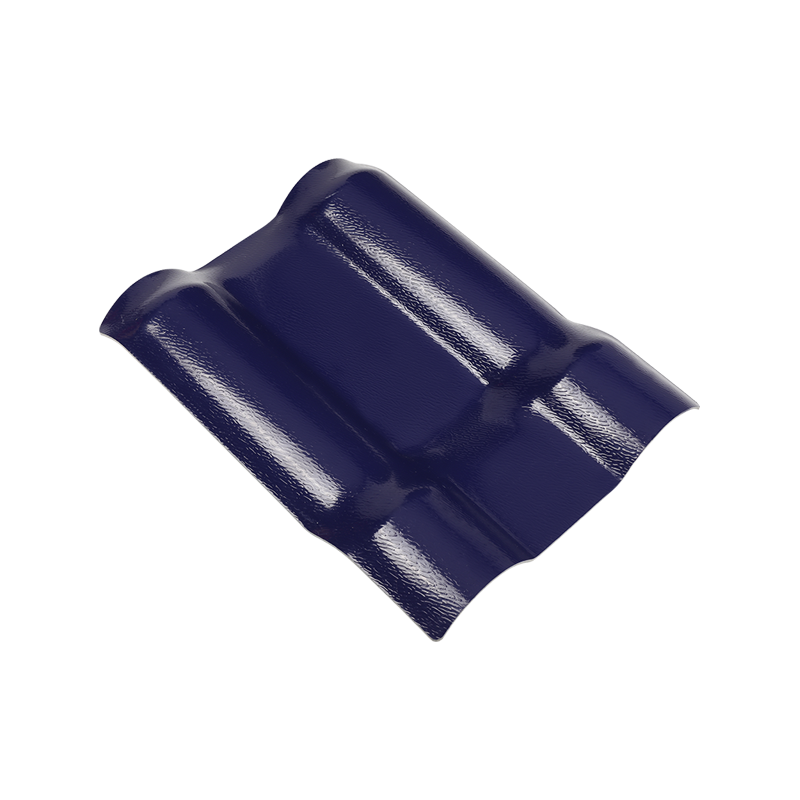
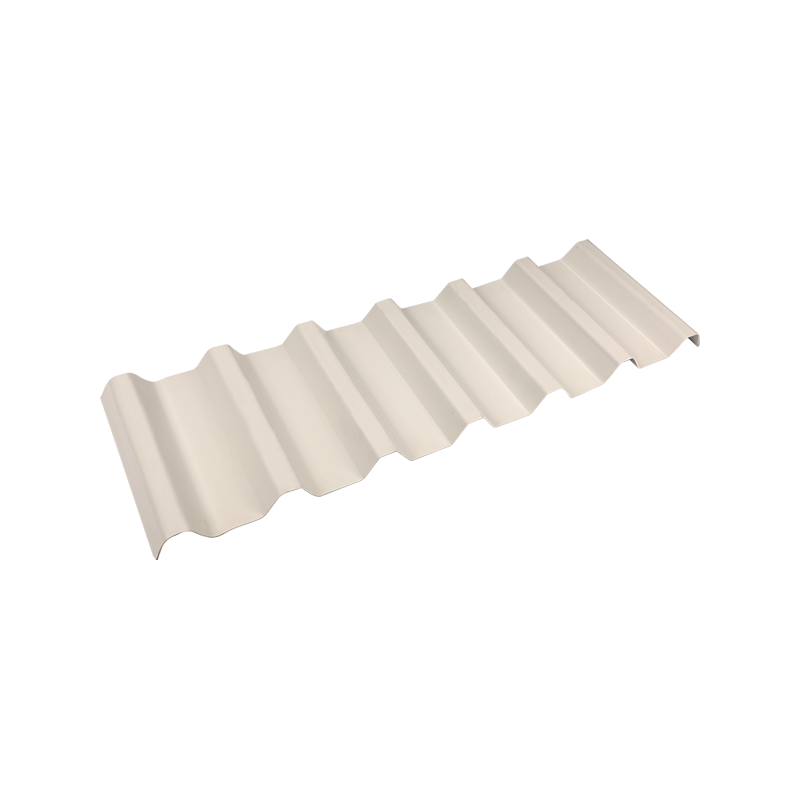
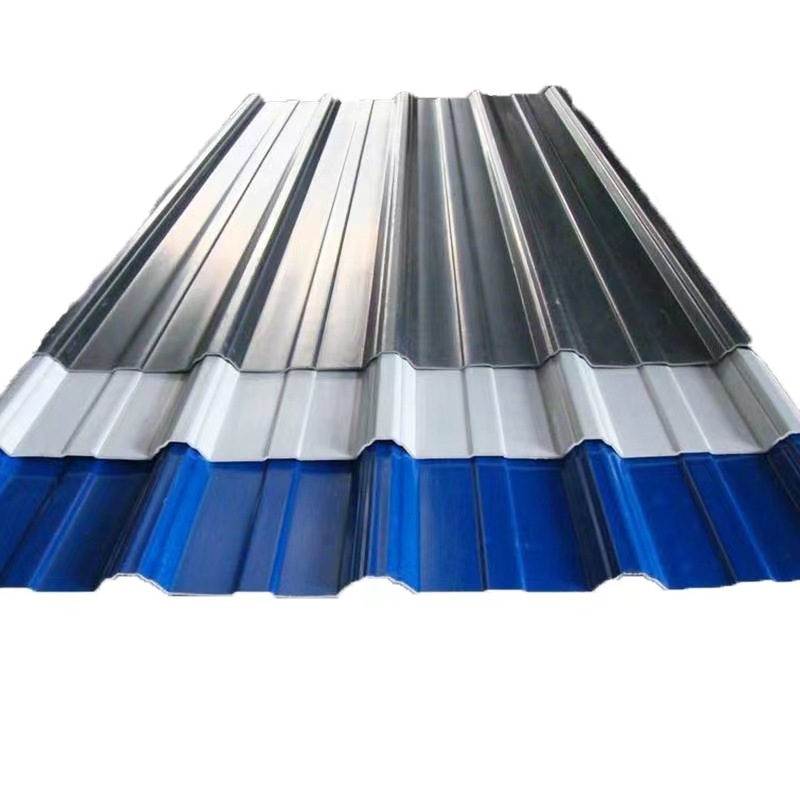
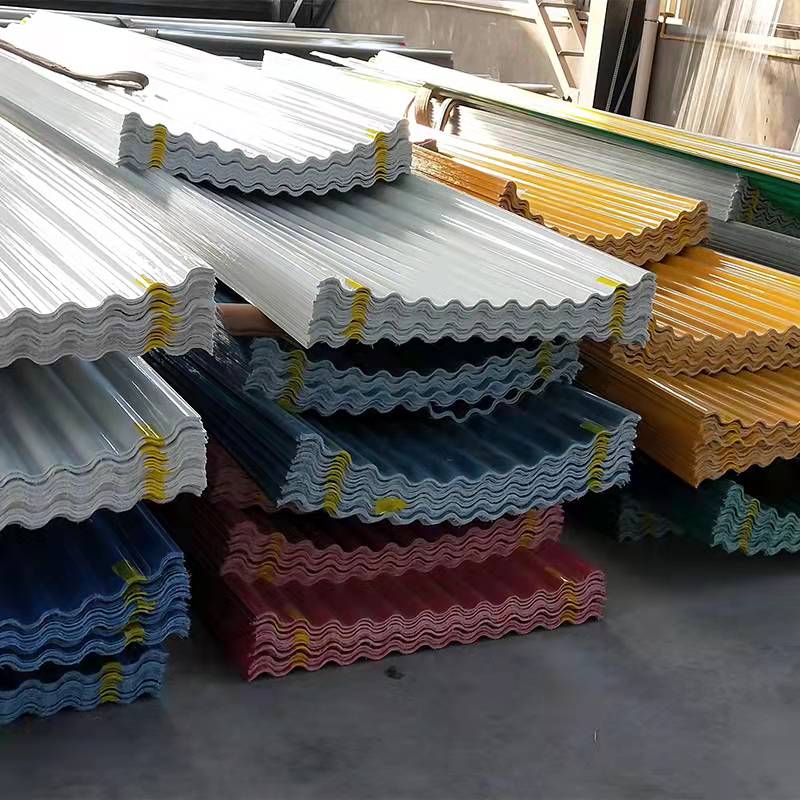
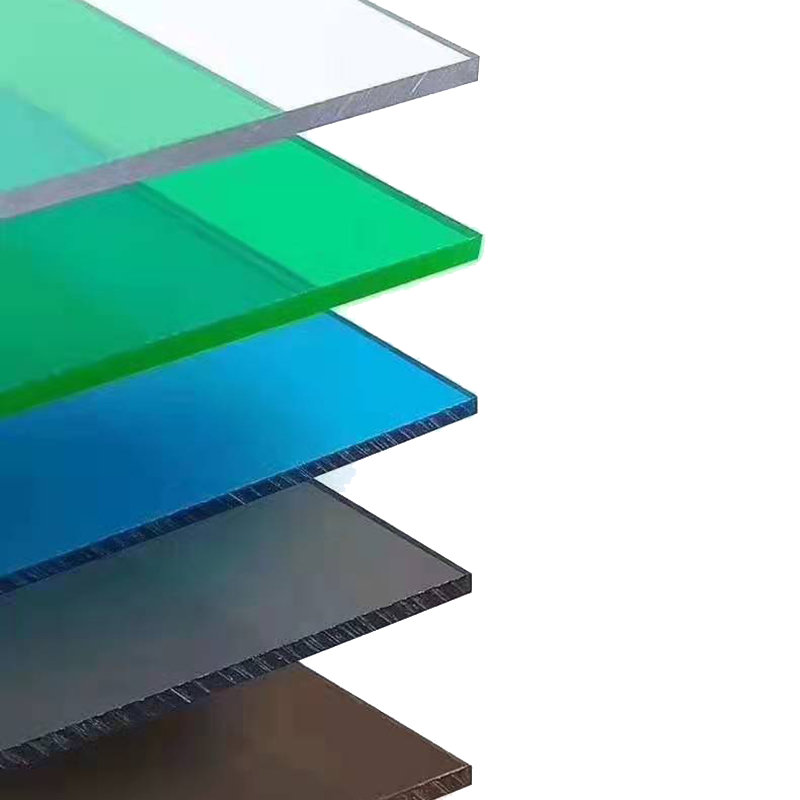
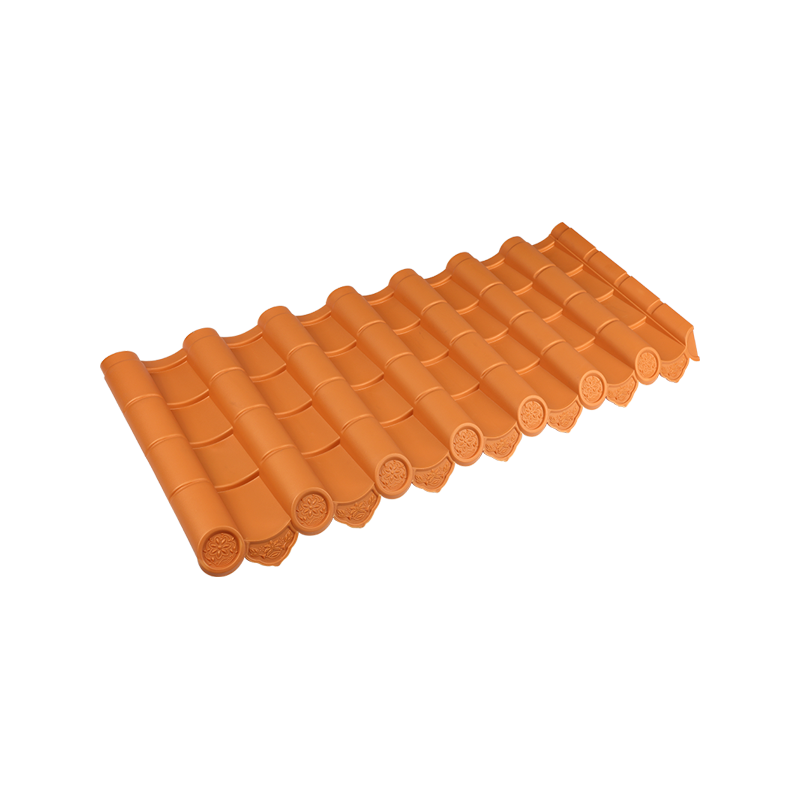
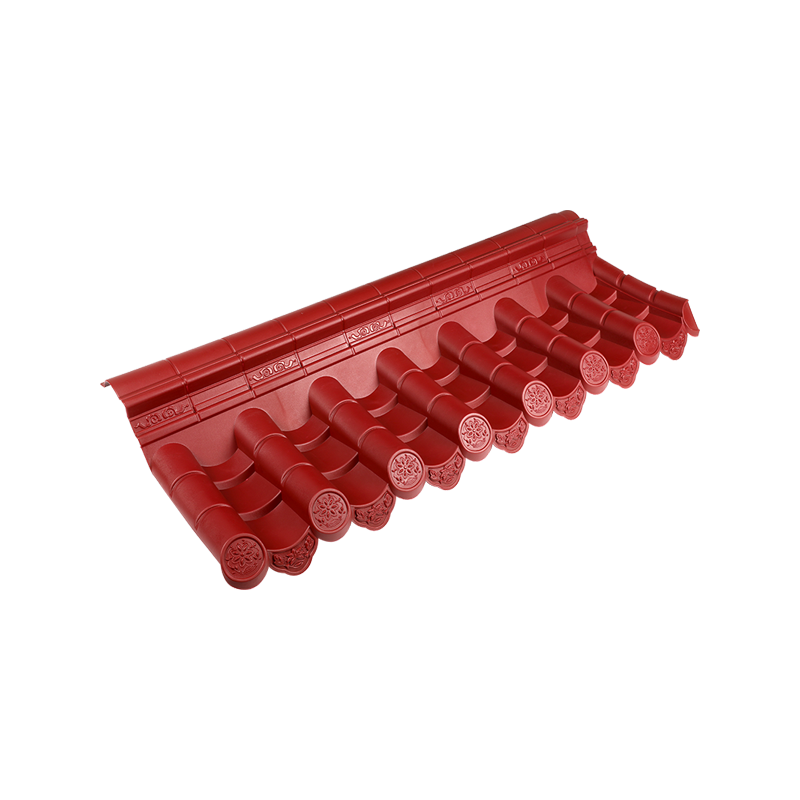


 Email:
Email: Phone:
Phone: Adress:
Adress: